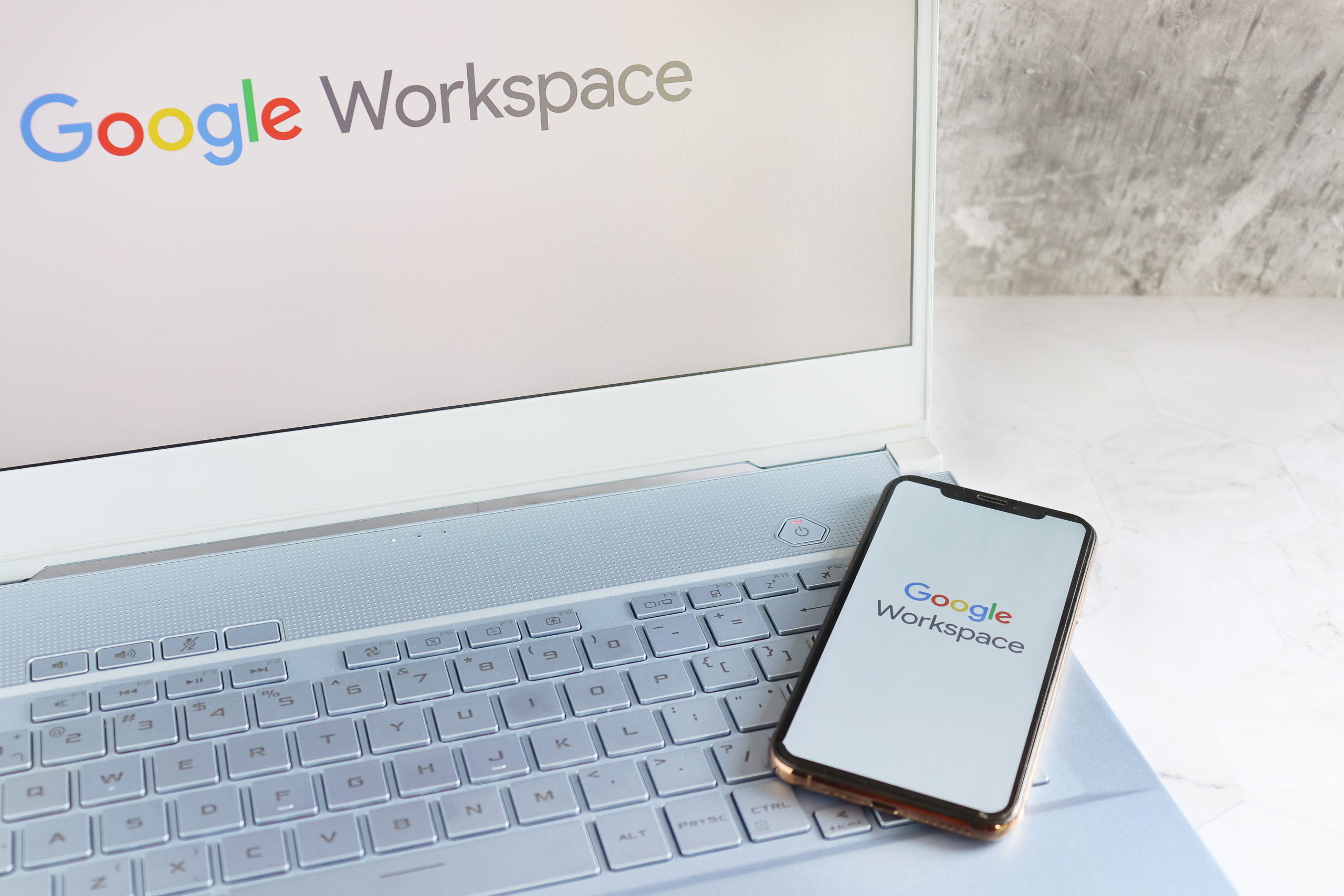Securing Retail Data: Why Google Workspace is a Safe Bet
 Retailers spend a lot of time and money developing brand recognition. But a single data breach can damage that brand and negatively impact customer loyalty. Plus, retailers can also face significant fines for non-compliance with data security and privacy regulations.
Retailers spend a lot of time and money developing brand recognition. But a single data breach can damage that brand and negatively impact customer loyalty. Plus, retailers can also face significant fines for non-compliance with data security and privacy regulations.
IT teams are responsible for protecting their organization against threats, such as phishing, malware and ransomware, while simultaneously safeguarding customer data. They’ve got their hands full—nearly 90% of reported security incidents in the retail industry were a result of social engineering, system intrusion or basic web application attacks.
Social engineering could involve manipulating frontline workers into providing access to credit card data, while system intrusion could involve bad actors hacking or using malware to gain access to a customer database.
As a result, security is a time-consuming task for IT teams, with nearly half of IT professionals in one study saying they spend five to eight hours each day on security. This is typical when an organization relies on legacy, on-premises solutions where data is stored on local devices.
In a fast-paced retail environment—especially when there’s high turnover or a large number of part-time or seasonal workers—it’s easy for security to fall through the cracks. At the same time, IT teams don’t want security to be so onerous that employees can’t do their jobs properly. Tools need to be secure without disrupting productivity or collaboration.
Retail cybersecurity solutions
When security is done right, it should feel seamless for employees and reduce the burden on IT staff. While employees should be trained on cyber best practices—such as how to identify phishing attempts—retailers want their frontline workers to focus their efforts on selling products and serving customers, not trying to figure out a clunky VPN.
That’s where a Zero Trust approach comes in. Rather than reacting to cyber incidents, Zero Trust is proactive, using built-in controls, encryption and verification to create a secure user experience. Using automated tools and multi-factor authentication, for example, employees can work from anywhere, on any device.
Frontline retail workers need flexible tools, such as the ability to service customers on the shop floor with a tablet or take payments with a mobile POS machine. IT teams need the ability to easily manage, activate and deactivate devices.
Moving away from on-premises solutions to cloud-first, browser-based solutions means you’re always running the most current version, so the IT team doesn’t have to spend time updating or patching software and new risks are automatically mitigated. Plus, a cloud approach also helps to simplify compliance efforts and data privacy for retailers. That’s where Google Workspace comes in.
Google Workspace security features
Google Workspace Frontline edition is designed with frontline workers in mind. Using a familiar interface with single sign-on makes it easy for retail teams to do their jobs. And with Google’s Zero Trust approach, they have secure access to company resources on any device.
For IT teams, there are automatic email spam, phishing and malware defenses, including a security dashboard, alerts, analytics and audit logs. Google Workspace also comes with identity and endpoint management features, such as two-step verification, security keys, single sign-on (SSO) and real-time risk-based re-authentication.
Cloud Identity provides a unified approach for identity, access, app and endpoint management, as well as data loss prevention. Vault for Google Workspace allows you to retain, search and export corporate data from select apps. With endpoint management, IT teams can quickly activate or deactivate devices, such as when onboarding or offboarding seasonal workers.
Customizable data protections
Google Workspace offers an array of customizable data protections, including client-side encryption that allows IT admins to control access to highly sensitive or regulated data. Google Drive incorporates trust rules that grant various levels of access to different applications and data, while Google’s Context-Aware Access provides granular, situation-based control over which apps a user can access.
In Workspace Frontline Standard edition, IT admins can create and apply custom data loss prevention (DLP) rules that control what users can share outside the organization. That means you decide which DLP incidents will trigger an action, such as blocking credit card data from being shared over Google Chat.
How AI fits into the picture
Google Workspace incorporates Google AI to help prevent cyber incidents before they happen. For example, workers receive ‘nudges’—such as when an email looks like a phishing attempt—informed by Google’s AI-powered threat detection capabilities.
Automatic defenses powered by Google AI rapidly identify, triage and respond to threats, so you can stay one step ahead of attackers without disrupting workplace productivity. This frees up time for IT staff, while frontline workers are better protected from threat actors trying to access sensitive data.
Make Google Workspace safer, with a partner
When you work with Pythian as your Google Workspace partner, we’ll help you tap into everything it has to offer all while staying compliant with your organization’s security and privacy protocols. Find out how Pythian can help you secure retail data and get to value faster.
Share this
Share this
More resources
Learn more about Pythian by reading the following blogs and articles.

Pythian Innovations–Doing More with Google Workspace
Analyzing Open.Canada.Ca datasets with Power BI
Enhancing Performance in WordPress by Moving from MyISAM to Innodb
Ready to unlock value from your data?
With Pythian, you can accomplish your data transformation goals and more.

.png?width=872&height=150&name=Security%20(1).png)